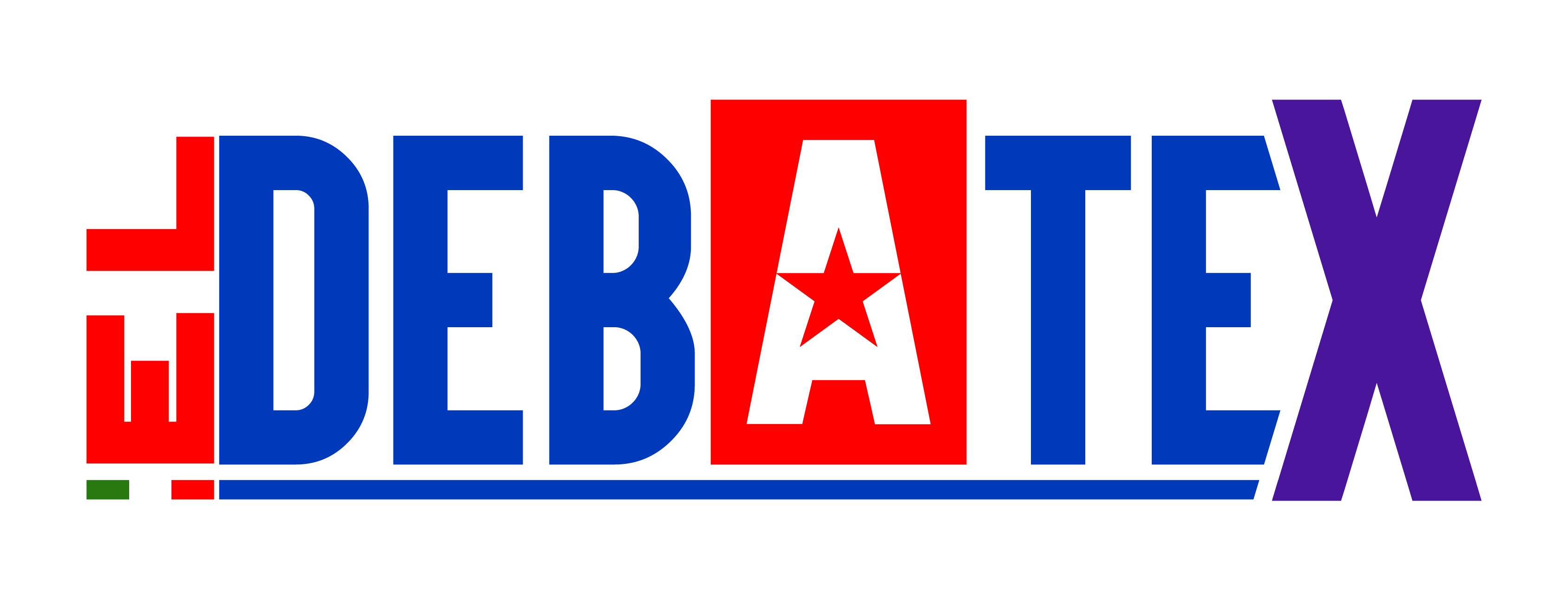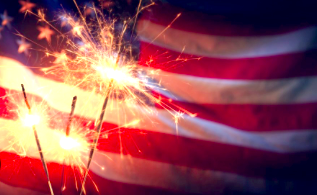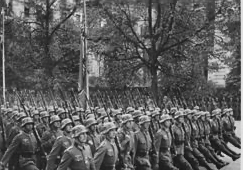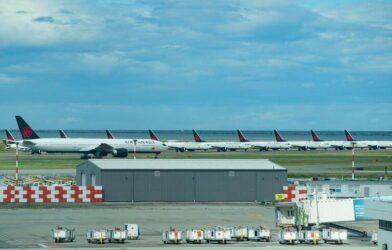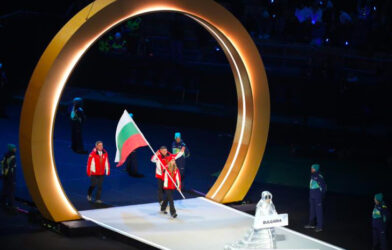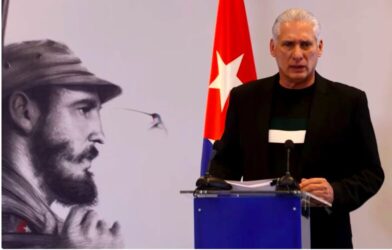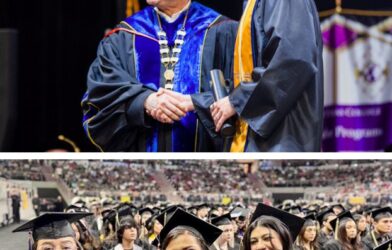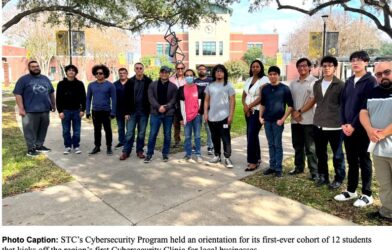IN SUMMARY
by Alfredo Cuéllar
- Cancellation of celebrations in immigrant communities
Several communities in Southern California — such as Cudahy, Bell Gardens, and Huntington Park — cancelled or postponed their July 4th festivities (including shows, concerts, and fireworks) due to fears of ICE raids after intensified federal immigration actions. In East Los Angeles, the Parks and Recreation Department also suspended its “Rock’in 4th of July” event for similar reasons.
- “Free America” and “No Kings 2.0” protests filled the streets
More than 140 demonstrations under the slogan “Free America Weekend”, organized by Women’s March, took place over the weekend, including on July 4th. This is a continuation of movements like “No Kings” on June 14th, with many groups focused on justifying resistance to immigration policies, social cuts, and perceived authoritarianism. In cities like San Antonio, Houston, Seattle, and Chicago, events such as demonstrations, block parties (neighborhood street parties where the street is blocked off on both ends and people come out, interact, and enjoy themselves), and peaceful protests were organized by networks like 50501 SATX, Youth March, and Women’s March.
- Military repression and federalization in California
In response to the ongoing protests in Los Angeles throughout June — during which Trump federalized the National Guard and deployed marines for the first time without the governor’s permission — a tense atmosphere prevailed over the 4th of July. Although the Pentagon withdrew 150 soldiers from California at the beginning of the month to respond to wildfires, the extended use of federal forces weeks earlier left a lasting mark on public perception.
- An unusual 4th of July, captured in photos
Images from the day show protests in front of City Hall and federal buildings in Los Angeles, contrasted with ordinary scenes like celebrations at Coney Island, families traveling, or new citizens pledging the flag. The symbolic sight of heavily armed marines in the city added even more tension to the picture.
- Key takeaway: a country split in two
While conservative suburbs and communities far from urban centers celebrated as if nothing was wrong — with picnics, fireworks, and a sense of patriotic normality — in many cities, the other half of the country marched or bunkered down amid cancellations and immigration fears. This contrast — the “celebrating America” and the “watched America” — reveals a nation commemorating its freedom under the shadow of militarization, polarization, immigrant persecution, and institutional distrust.
Conclusion
In earlier pieces I have referred to the “Disunited States” when describing the scenarios that preceded Trump and his followers, where minorities were not accepted by everyone, and the world of immigrants was a constant struggle, with few opportunities for upward mobility, education, and better living conditions. But this 4th of July finds us in a reality far different from what was always a date to reaffirm unity and the idea that, despite everything, we are the “United States” and there was hope. Today, however, for millions of migrants, precarious workers, and young activists, the question is different: How solid is freedom when it needs marines to guard it and promises that are fulfilled more in narrative than in reality. This year, the fireworks — also notably diminished — did not hide the reality: polarization, surveillance, and fear exposed what many already feared — that the nation that calls itself “United” increasingly shows the cracks of a “Disunited” States of America. The next battle will not only be about reclaiming parks, squares, or celebrations, but about rebuilding a social contract that today appears fragile and fragmented. The date of hope remains Wednesday, November 3rd, 2026. It will be a decisive electoral cry against those who keep this nation “Disunited” — once an example of democracy, diversity, and inclusion.
Dr. Alfredo Cuéllar is the father of Micropolitics, an international scholar, and a retired professor from Fresno State. His articles focus on migrants, politics, sociology, culture, and current events. Inquiries and comments: alfredocuellar@me.com




